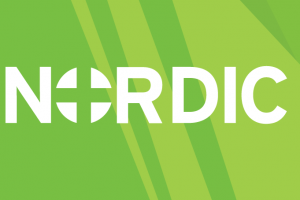1. “I trained a whole weekend to learn this procedure.”
Dentists, gynecologists, barely trained spa technicians — it seems like everyone’s offering anti-aging treatments these days. And no wonder: Cosmetic treatments are a lucrative business, with $11 billion spent (on 14.6 million procedures) in the U.S. in 2012, up 5.5% from 2011, according to the American Society of Plastic Surgeons. That’s appealing not only to physicians hoping to offset the costs of higher malpractice premiums and lower reimbursements from insurance carriers but also to so-called medical spas that don’t even have a doctor on site when certain treatments are administered.
Traditionally, doctors from just four medical specialties — plastic surgery, dermatology, otolaryngology (ear, nose and throat), and ophthalmology — have handled the bulk of cosmetic offerings, including everything from minimally invasive aesthetic treatments like botulinum toxin (sold under the brand name Botox) to more involved procedures like face-lifts. And those specialists spend years honing their chops in residency training programs that teach skills unique to each specialty in addition to basic surgical skills.
By contrast, those hoping to offer a little Botox in between filling cavities or giving Pap smears tend to opt for quicker training in cosmetic procedures, including weekend workshops offered by the International Society of Cosmetogynecology, an organization that promotes plastic surgery as an extension of gynecology, two specialties that are linked mainly by their female patient base. (Dr. Marco A. Pelosi III, a cosmetic gynecologist and founder of the association, says that the relevant skills and knowledge necessary to grasp and master the majority of common aesthetic contouring is easily understood and quickly learned, as the requisite skills are common to all surgery.)
Indeed, less formal training doesn’t necessarily correlate to reduced proficiency. Experts urge consumers to look for physicians with extensive experience, which could potentially compensate for shorter training. Still, some experts worry that it’s difficult for consumers to distinguish between hype and quality: “Unfortunately, this is an industry where the most creative, assertive, sexiest marketing often drives the business, but it may not be someone with the best experience,” said David B. Sarwer, a professor of psychology at the Perelman School of Medicine at the University of Pennsylvania.
































